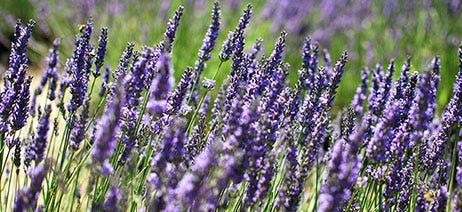
Linalool: The Flower Terpene
Terpenes are the fragrant compounds that give cannabis its distinct aroma, and linalool is one of the most famous. Linalool is known for its floral qualities and potential as a calming agent.1 The terp is found in lavender and roses, so it’s no surprise that linalool is present in the cannabis plant. In this linalool terpene guide, you’ll learn:
- What Does Linalool Smell and Taste Like?
- What Are the Potential Benefits of Linalool?
- What Cannabis Strains Are High in Linalool?
- FAQs About Linalool
What is Linalool?
Linalool is a terpene found naturally in over 200 plants, including lavender, rose, basil, and thyme. Known for its calming and floral aroma, it’s also a common ingredient in everyday products like cosmetics, deodorants, and essential oils, thanks to its soothing properties.1
When it comes to the cannabis plant, linalool is produced in the trichomes (the hair-like crystal structures) of the plant, alongside other terpenes, flavonoids, and cannabinoids. This fragrant compound (it smells like French lavender and bergamot oil) enhances the aroma and contributes to the entourage effect, amplifying the potential therapeutic and recreational benefits of consuming cannabis.2
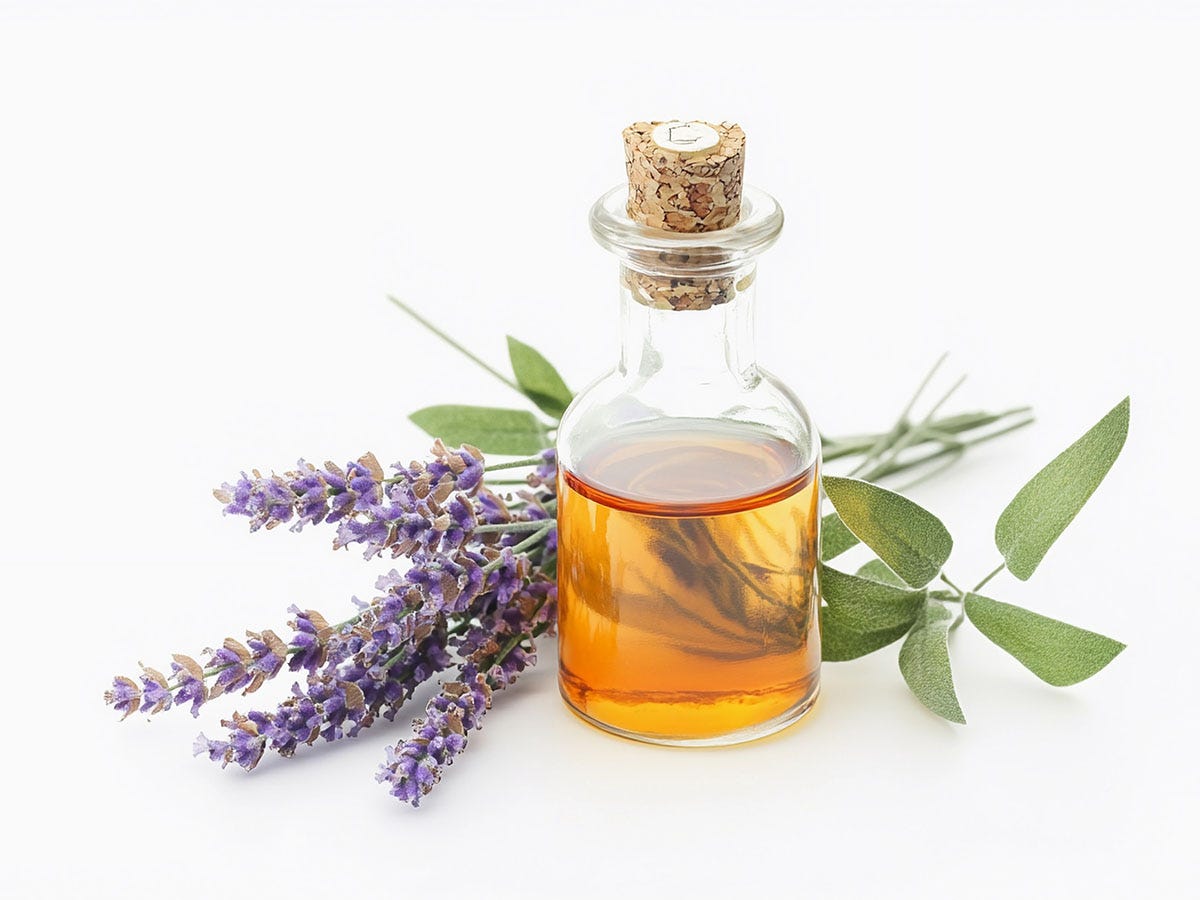
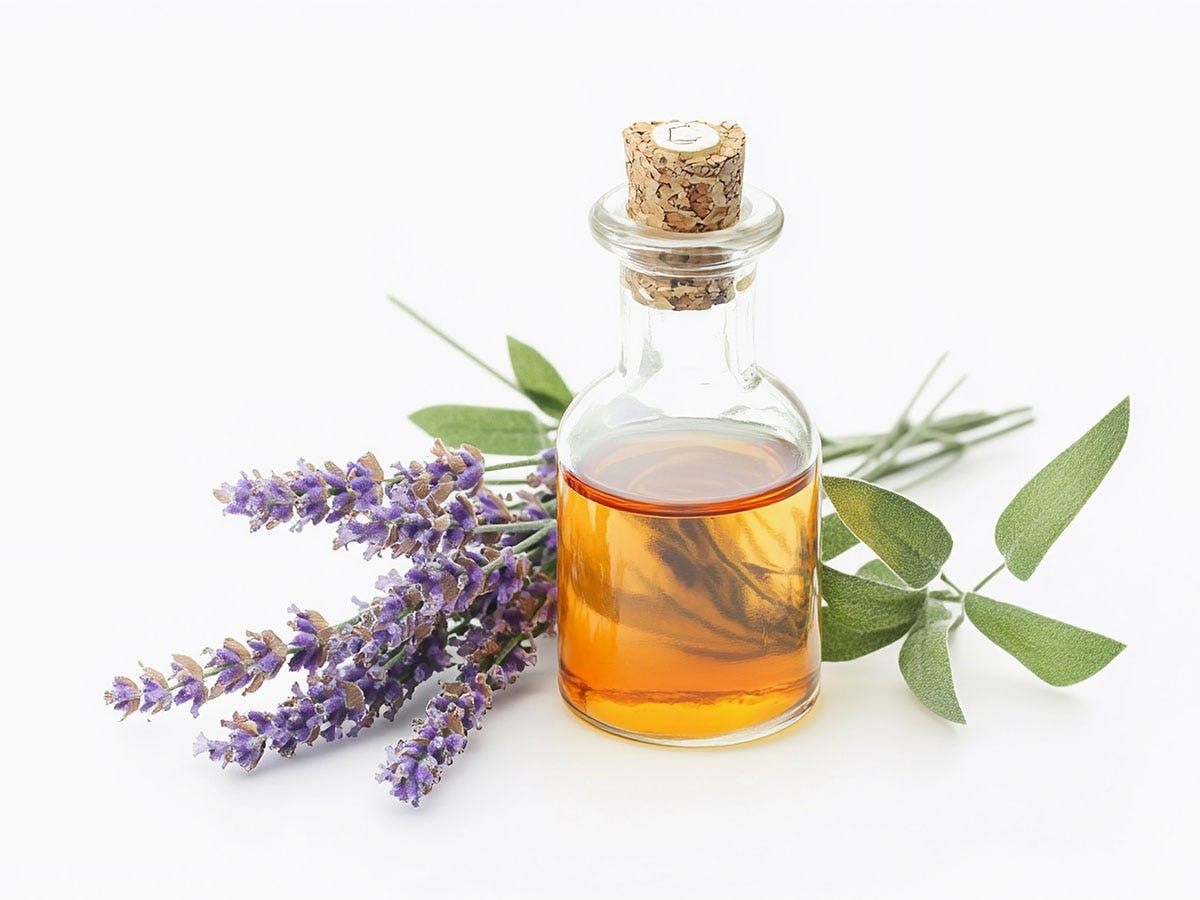
What Does Linalool Smell and Taste Like?
Linalool’s aroma is unmistakably floral, evoking the soothing essence of French lavender and lily of the valley, accompanied by a touch of delicate freshness. It’s the kind of scent that immediately relaxes and delights. Regarding taste, linalool is equally elegant, offering a light, floral profile with subtle hints of spice and sweetness. This terpene’s distinctive scent and flavor are key elements that make linalool-rich cannabis strains so appealing to cannabis enthusiasts.3
What Are the Potential Benefits of Linalool?
Research suggests that linalool may offer a range of potential benefits, from mental wellness to skin health. Let’s break down the potential linalool terpene effects further:4
Depression & Anxiety
Linalool, commonly found in lavender essential oil, is widely recognized for its calming properties and is often used in aromatherapy to promote relaxation and reduce stress.5 Research suggests this terpene may help alleviate symptoms of anxiety and depression by interacting with the body’s nervous system, potentially influencing neurotransmitters linked to mood regulation.6 Additionally, linalool’s soothing effects may help combat stress, making it a valuable addition to your wellness routines.
Skin Conditions
Linalool, thanks to its anti-inflammatory and calming properties, may help soothe skin conditions like psoriasis and eczema. Early studies suggest this terpene could reduce irritation, redness, and swelling, offering relief if you have sensitive or inflamed skin.7 It’s why you’ll often find it in topical cannabis products—it’s a natural way to keep your skin feeling balanced.
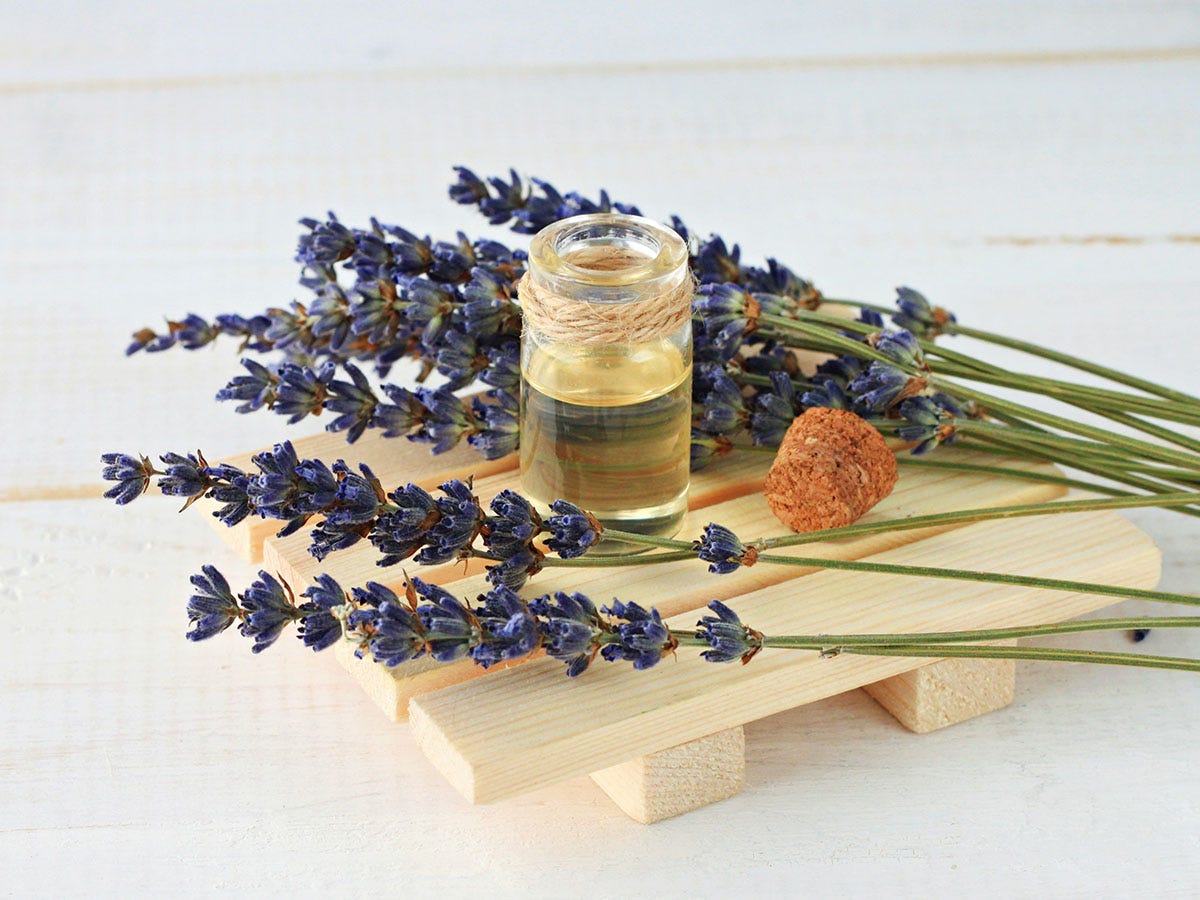
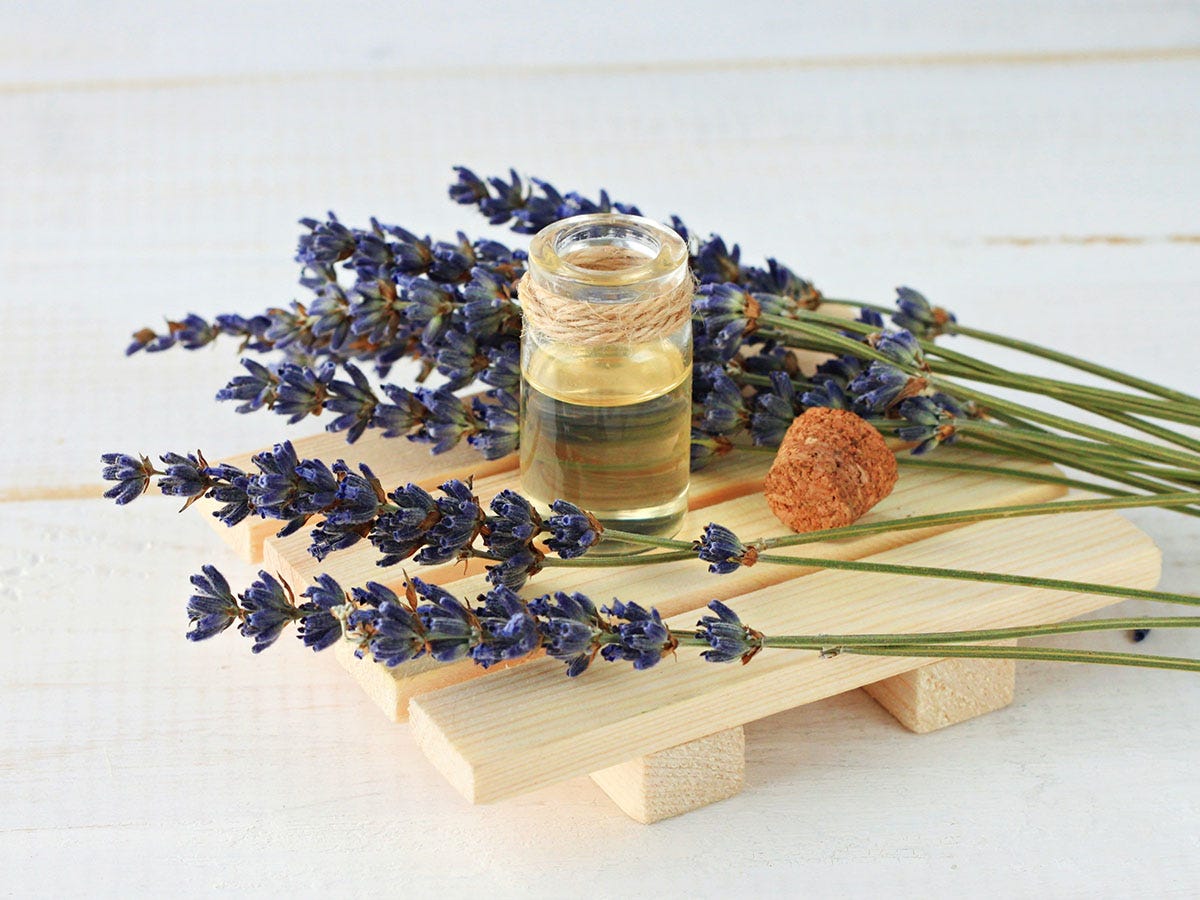
Sleep Disorders
Struggling to catch some Zs? Linalool might be just what you need. Known for its calming effects, this terpene may help reduce anxiety, which can make drifting off to sleep much easier.8 It’s also been linked to relaxing the nervous system since it helps activate the “rest and digest” (or parasympathetic) response, allowing your body and mind to unwind.9 Whether it’s through aromatherapy or cannabis products, linalool’s soothing vibes could be your ticket to a more restful night.
What Cannabis Strains Are High in Linalool?
If you’re looking to try strains high in the linalool terpene, these three are a great start:
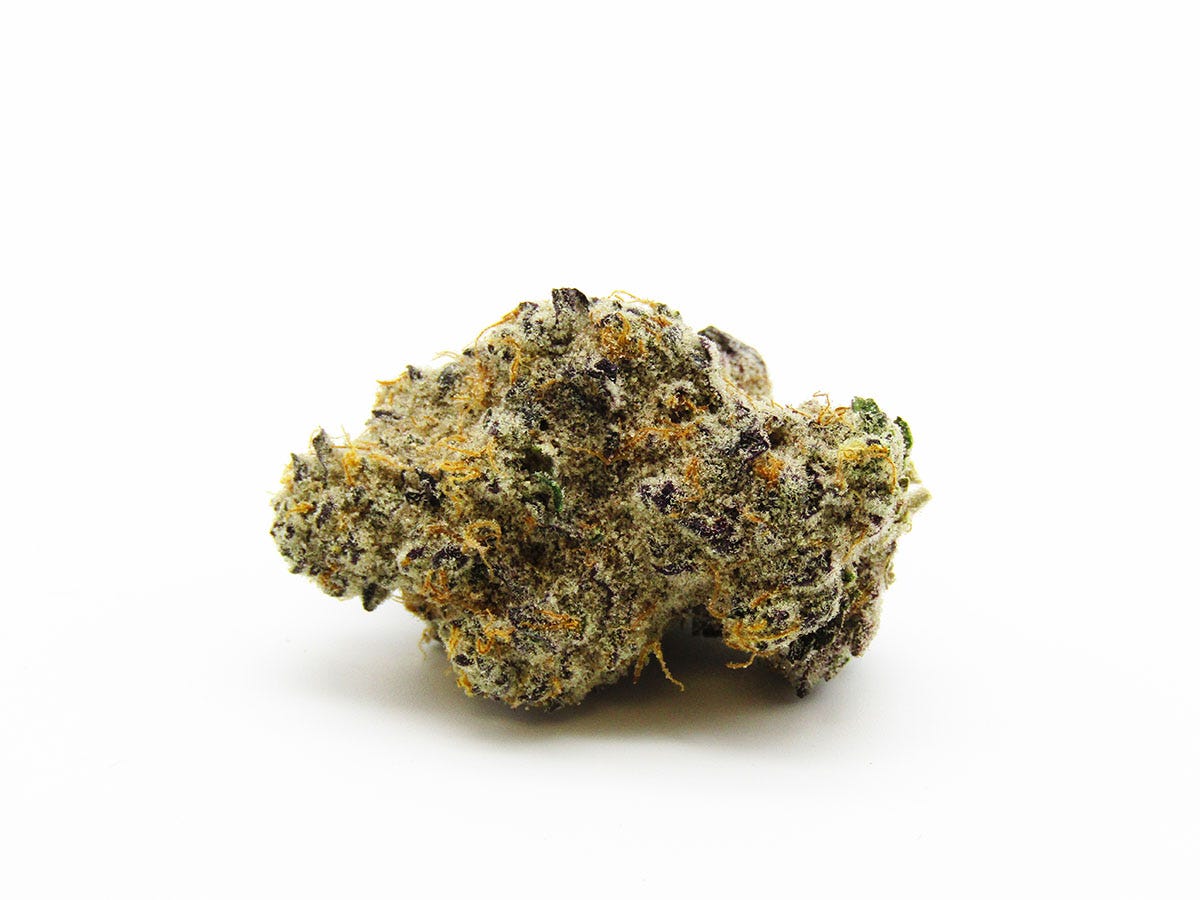

Lavender
Indica-Dominant Hybrid
Lavender or Lavender Kush is an indica-dominant cannabis strain with a 60:40 indica-to-sativa ratio. Its parents are Super Skunk, Big Skunk Korean, and Afghani Hawaiian. Lavender is super potent, with THC levels reaching as high as 27%, so newbies might want to steer clear. Cannabis enthusiasts can expect a very lavender taste that’s a little sweet, spicy, and herbal. And while the strain’s aroma is similar, it’s slightly more earthy and floral.10
Do-Si-Dos
Indica-Dominant Hybrid
Do-Si-Dos is an indica-dominant strain with an indica-to-sativa ratio of 70:30. It’s a cross between the legendary Girl Scout Cookies and Face Off OG. This strain packs a punch, with THC levels ranging from 28-30%, so it’s definitely not for the faint-hearted. Cannasseurs love the strain’s flavor and aroma profile, reminiscent of mint cookies. The aroma is sweetly minty, with hints of lime and pine, while the taste is a bit more subtle.11
Granddaddy Purple
Indica-Dominant Hybrid
Granddaddy Purple, often called Granddaddy Purps or GDP, is an iconic indica-dominant strain with 80% indica genetics. A cross between Purple Urkle and Big Bud, this strain is as potent as it is beautiful, with THC levels hovering around 20-27%. Its flavor profile is a delightful mix of sweet, grape-like fruitiness with subtle earthy and pine undertones. The aroma is equally enticing, with rich, sweet berry notes and a hint of floral musk that’s unmistakably “Granddaddy.”12


FAQs About Linalool
Before we wrap up, let’s address some common questions about the linalool terpene and its role in cannabis. This fragrant compound isn’t just about the aroma—it’s packed with potential benefits that make it a favorite among cannabis enthusiasts. Let’s dive into what makes linalool so unique.
Which strain has the most linalool?
It’s difficult to say which cannabis strain contains the most linalool, but Lavender is a strong contender simply because it smells and tastes so much like French lavender.
Does linalool have intoxicating effects?
No, linalool itself is not intoxicating and won’t produce a “high” on its own. However, it plays a key role in enhancing the entourage effect, which is the way cannabinoids, terpenes, and other compounds work together to amplify the overall effects of cannabis. By interacting with cannabinoids like THC and CBD, linalool may contribute to the calming, relaxing sensations often associated with certain cannabis strains, making it an essential part of the cannabis experience.


Purchasing Linalool-Rich Strains
Ready to experience the benefits of high-linalool strains? Visit your favorite Verilife dispensary and explore popular strains like Lavender, Do-Si-Dos, and Granddaddy Purple. These are known for their soothing, floral profiles and potential therapeutic effects. But if you aren’t sure where to start, don’t forget to ask your budtender for recommendations tailored to your preferences and desired effects. Whether you’re looking for relaxation, better sleep, or just a fragrant cannabis experience, linalool-rich strains could be your new favorite go-to.
Sources
1. “Linalool,” ScienceDirect, 2021, https://www.sciencedirect.com/topics/agricultural-and-biological-sciences/linalool
2. “Linalool,” National Library of Medicine, https://pubchem.ncbi.nlm.nih.gov/compound/Linalool#section=Color-Form
3. “What is linalool & what does this cannabis terpene do?” Leafly, May 12, 2022, https://www.leafly.com/news/science-tech/linalool-cannabis-terpene-benefits
4. “Therapeutic and Medicinal Uses of Terpenes,| National Library of Medicine, November 20219, https://pmc.ncbi.nlm.nih.gov/articles/PMC7120914/
5. “Efficacy and safety of lavender essential oil (Silexan) capsules among patients suffering from anxiety disorders: A network meta-analysis,” Nature.com, December 2, 2019, https://www.nature.com/articles/s41598-019-54529-9?fbclid=IwAR2kqtMeixn_wGf7j0kYqD861RDjW-DNaNF2gi6LNKCMZ-2lap0RBJk6b38
6. “Linalool as a Therapeutic and Medicinal Tool in Depression Treatment: A Review,” National Library of Medicine, May 2022, https://pmc.ncbi.nlm.nih.gov/articles/PMC9886818
7. “Anti-psoriatic effect of Lavandula angustifolia essential oil and its major components linalool and linalyl acetate,” ScienceDirect, October 28, 2020, https://www.sciencedirect.com/science/article/abs/pii/S0378874120330087
8. “Your GoodRx Terpene Guide: 6 Common Cannabis Terpenes and Their Effects,” GoodRx, October 18, 2024, https://www.goodrx.com/health-topic/cannabis/terpene-guide
9. “A pilot study on essential oil aroma stimulation for enhancing slow-wave EEG in sleeping brain,” National Library of Medicine, January 2021, https://pmc.ncbi.nlm.nih.gov/articles/PMC7806966/
10. “Lavender Marijuana Strain,” Allbud, https://www.allbud.com/marijuana-strains/indica-dominant-hybrid/lavender
11. “Do-Si-Dos Marijuana Strain,” Allbud, https://www.allbud.com/marijuana-strains/indica-dominant-hybrid/do-si-dos
12. “Granddaddy Purple Marijuana Strain,” Allbud, https://www.allbud.com/marijuana-strains/indica-dominant-hybrid/granddaddy-purple


